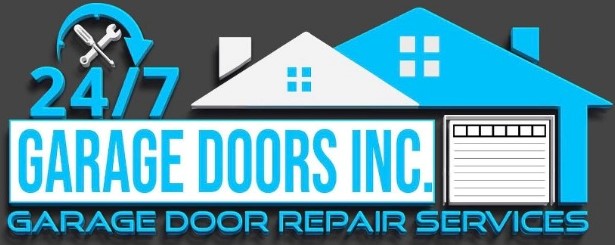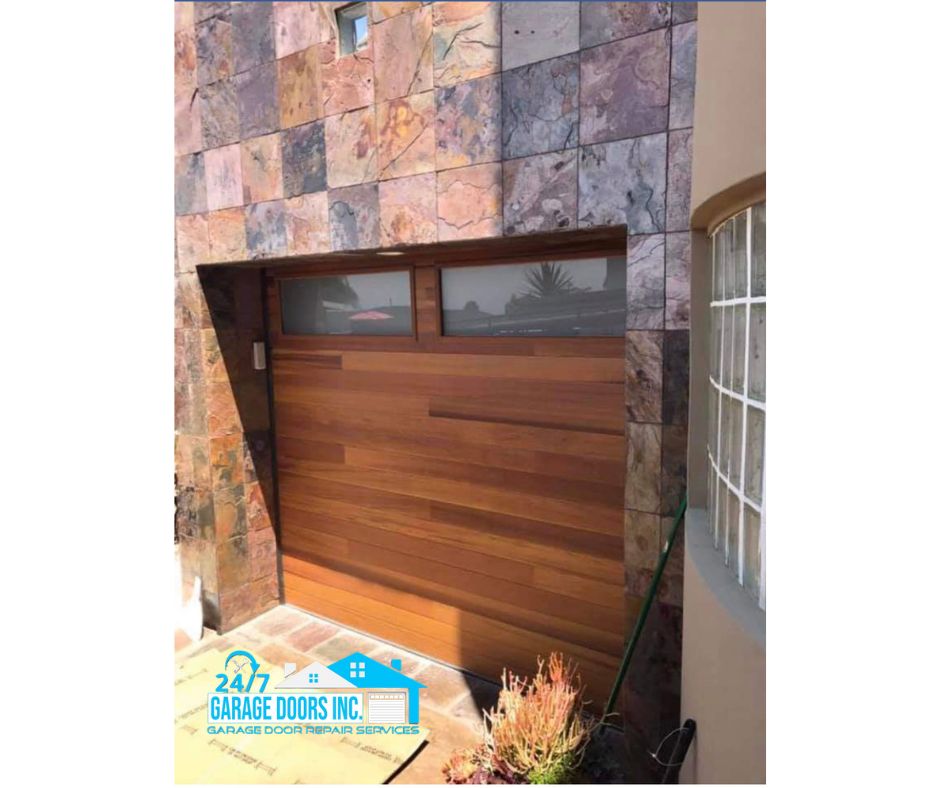When it comes to the smooth operation of your garage door, garage door springs are the unsung heroes. These essential components bear the weight of your garage door, enabling it to open and close with ease. Without functioning springs, your garage door would be difficult, if not impossible, to lift manually or operate with an automatic opener.
In this article, we’ll explore the different types of garage door springs, how to maintain them, common issues they face, and why it’s crucial to keep them in top shape.
Types of Garage Door Springs
There are two main types of garage door springs that you will find in most garage doors:
- Torsion Springs
- Location: Torsion springs are mounted on a metal shaft directly above the garage door.
- Function: They use torque (rotational force) to raise and lower the door. When the door closes, the torsion spring coils tightly, storing energy. When the door opens, the spring releases the stored energy to help lift the door.
- Durability: Torsion springs are known for their durability and typically last for 10,000 to 20,000 cycles (one cycle equals opening and closing the door once).
- Extension Springs
- Location: Extension springs are located on both sides of the door, running parallel to the horizontal tracks.
- Function: These springs stretch when the door closes and contract when it opens, helping balance the door’s weight.
- Durability: Extension springs tend to wear out faster than torsion springs and typically last for around 7,000 to 10,000 cycles.
Common Issues with Garage Door Springs
Over time, garage door springs can wear out, leading to potential problems that may disrupt the door’s functionality. Here are some common issues:
- Broken Springs
- Garage door springs are under immense tension, and after thousands of cycles, they can snap. When a spring breaks, you may hear a loud bang, and the garage door may become difficult or impossible to lift.
- Rust and Corrosion
- Rust can weaken garage door springs, causing them to break prematurely. Regular lubrication of the springs can help prevent rust and extend the life of the springs.
- Uneven Tension
- If one spring is more worn out than the other, it can cause the garage door to become unbalanced. This imbalance can place extra strain on your garage door opener and lead to further damage.
Why Regular Maintenance of Garage Door Springs is Essential
Regular maintenance of garage door springs is critical for the following reasons:
- Safety: Springs are under a lot of tension and can be dangerous if they snap. Performing routine inspections can help you spot issues before they escalate into safety hazards.
- Longevity: Proper care, such as lubricating the springs, helps reduce wear and tear, allowing your springs to last longer.
- Preventing Expensive Repairs: By catching small issues early, you can avoid more costly repairs down the road. A minor repair or adjustment now could save you from replacing the entire system later.
DIY Maintenance Tips for Garage Door Springs
While some garage door repairs are best left to the professionals, there are a few maintenance tasks you can safely handle yourself to keep your garage door springs in optimal condition:
- Inspect the Springs Regularly: Check for any visible signs of wear, rust, or gaps in the spring coils. If you notice anything unusual, it’s best to call a professional for a thorough inspection.
- Lubricate the Springs: Use a silicone-based spray or garage door lubricant to keep the springs running smoothly. Apply the lubricant to the coils every three to four months to reduce friction and prevent rust buildup.
- Test the Balance of Your Garage Door: To check if your garage door is balanced, disconnect the automatic opener and manually lift the door halfway. If the door stays in place, your springs are working properly. If it falls or rises, the springs may be imbalanced and require adjustment.
When to Call a Professional for Garage Door Spring Repair
Although regular maintenance can extend the life of your garage door springs, there will come a time when you need professional help. Call an expert if:
- You hear loud banging or snapping sounds from your garage.
- The door won’t open or close properly.
- The springs show significant wear, rust, or gaps in the coils.
- Your garage door is unbalanced or feels heavier than usual.
Garage door spring repair or replacement is a dangerous task due to the tension in the springs, so it’s always best to leave this job to a qualified technician. Attempting to repair or replace springs without the proper tools and expertise can lead to serious injury.
Conclusion
Garage door springs are an essential part of your garage door’s operation, and keeping them in good working order is critical for both safety and performance. By regularly inspecting and maintaining your springs, you can extend their lifespan and avoid costly repairs. However, if your springs are worn out or broken, don’t hesitate to call a professional for help. At 24-7 Garage Doors, we offer expert garage door spring repair and replacement services to keep your door operating smoothly and safely.


